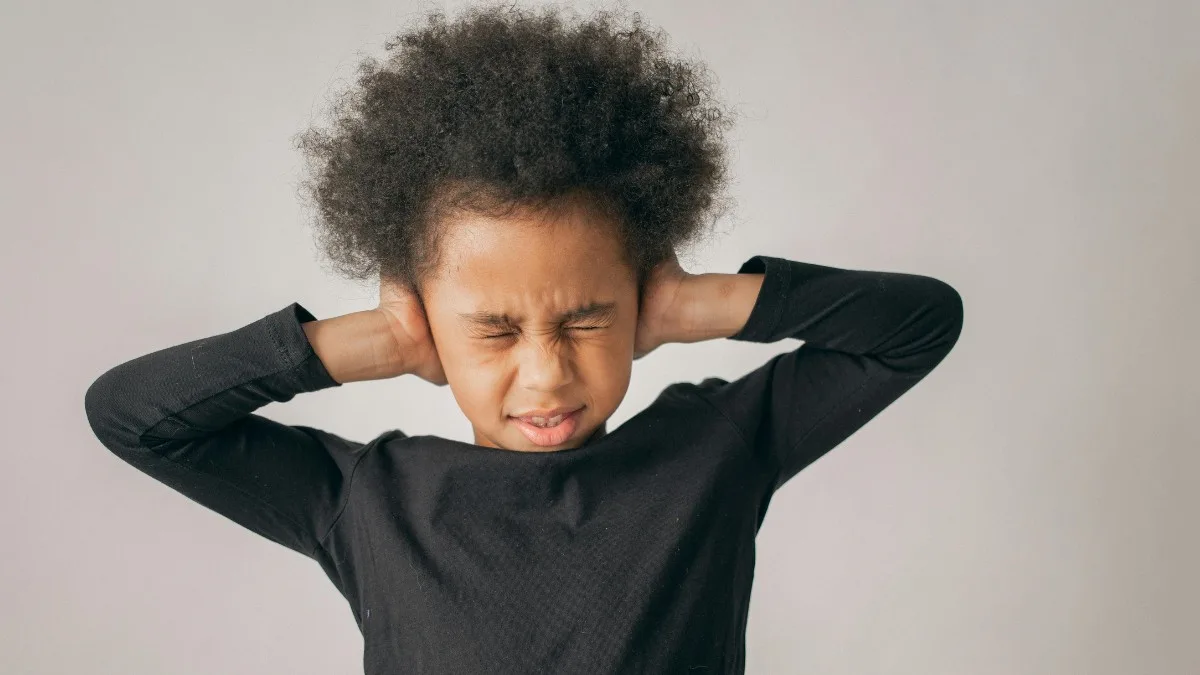
Anxiety is a common challenge among children, affecting their emotional well-being and overall development. As a parent, your role is crucial in helping your child manage anxiety effectively. Understanding the signs, offering support, and implementing coping strategies can create a safe and nurturing environment that helps your child thrive.
Understanding Anxiety in Children
Children experience anxiety differently than adults. It can manifest as excessive worry, difficulty sleeping, irritability, or physical symptoms like stomach aches and headaches. Recognizing these signs early can help you intervene and provide the necessary support.
Common Causes of Anxiety in Kids
Several factors contribute to childhood anxiety, including:
Academic pressure
Social challenges
Family changes or conflicts
Fear of failure
Exposure to negative news or stressful events
By identifying the root cause of your child’s anxiety, you can address it more effectively.
How Parents Can Help Their Anxious Child
1. Encourage Open Communication
Create a safe space where your child feels comfortable discussing their worries. Ask open-ended questions and listen without judgment. A simple “Tell me what’s on your mind” can make a big difference.
2. Validate Their Feelings
Avoid dismissing or minimizing your child’s emotions. Instead of saying, “There’s nothing to worry about,” acknowledge their feelings with responses like, “I understand that you’re feeling scared. Let’s talk about it.”
3. Teach Relaxation Techniques
Help your child manage anxiety through relaxation exercises such as:
Deep breathing techniques
Progressive muscle relaxation
Guided imagery or visualization
4. Establish a Routine
A predictable daily routine helps children feel more secure and reduces anxiety. Ensure they have a structured schedule that includes time for play, schoolwork, and relaxation.
5. Limit Exposure to Stressful Triggers
Excessive screen time, negative news, and overwhelming social interactions can heighten anxiety. Monitor your child’s media consumption and encourage positive activities like reading, outdoor play, or creative hobbies.
6. Promote Healthy Lifestyle Habits
A balanced diet, regular physical activity, and adequate sleep significantly impact a child’s emotional health. Encourage habits that support their overall well-being.
7. Model Healthy Coping Skills
Children learn by observing their parents. Demonstrate how to manage stress healthily—practice mindfulness, stay calm under pressure, and show resilience in challenging situations.
8. Seek Professional Help When Needed
If your child’s anxiety is persistent or interferes with their daily life, consider consulting a child psychologist or counselor. Early intervention can prevent long-term emotional distress.
Conclusion
Helping your child cope with anxiety requires patience, empathy, and a proactive approach. By fostering open communication, teaching coping strategies, and providing a stable environment, you empower your child to manage their anxiety with confidence. As a parent, your support and understanding play a pivotal role in shaping their emotional well-being and resilience for the future.